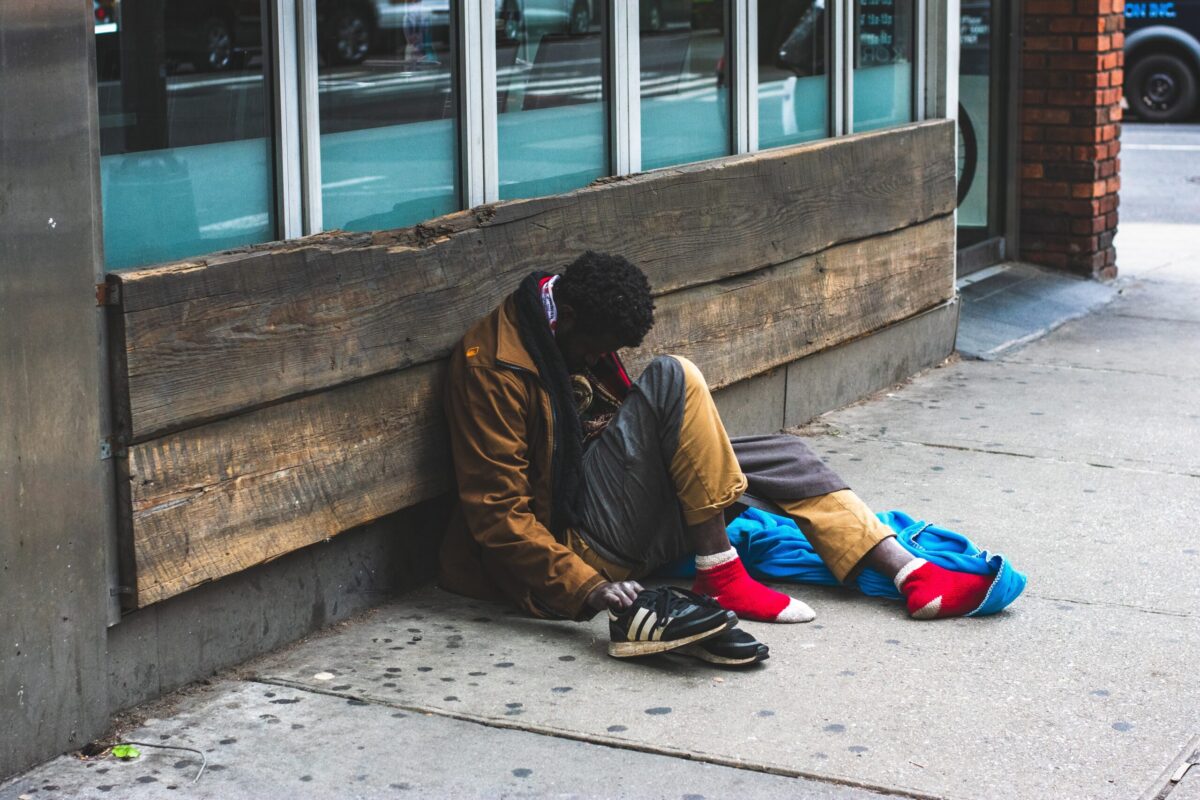A homeless count in both Quesnel and Williams Lake shows that the problem isn’t getting any better.
A study done on the evening of March 9th and the day of the 10th indicated that there were 123 people experiencing homelessness in Quesnel, which was up from 121 in a study that was done back in 2020.
In Williams Lake, using a similar 24-hour snapshot, the study showed that there were 77 individuals experiencing homelessness, which was up from 51 in 2020.
This report was conducted by the Homelessness Services Association of B.C.
The study in Quesnel indicated that 58 percent were living at someone else’s place, 25 percent were living outside and 7 percent in a vehicle.
The numbers in Williams Lake had 40 percent were living with someone else, 35 percent were living outside and 15 percent said they were living in a makeshift shelter or tent.
In Quesnel, 49 percent indicated that the reason for being homeless was that they didn’t have enough income, 31 percent said it was because of a conflict with a spouse or partner, and 29 percent said that it was due to a substance use issue.
Like Quesnel, the Williams Lake study indicated not enough income as a big reason for being homeless, at 56 percent.
56 percent, compared to just 29 in Quesnel, said that they had a substance use issue.
33 percent indicated that they had a medical issue.
In Quesnel, 49 percent of respondents to the survey reported that they had an acquired brain injury and 81 percent reported two or more health concerns.
The numbers in Williams Lake were less at 33 and 74 percent.
Most of those impacted by homelessness were between the age of 25 and 54, and men made up 57 to 61 percent of the homeless population.
And in both cases, the study showed that Indigenous people were over-represented at 72 percent of the total in Williams Lake and 59 percent in Quesnel.
The province says it will use these counts to further develop supports and services for people experiencing homelessness.
The full reports can be found on BC Housing’s website here.










